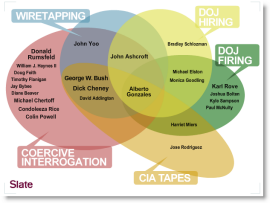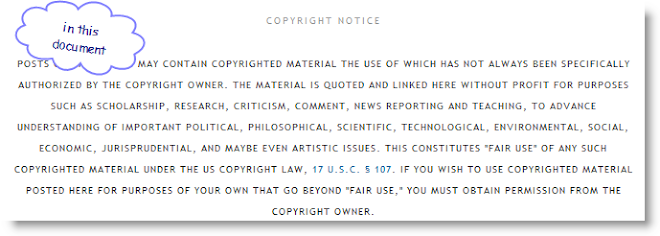A district court judge denied Harriet Miers and Joshua Bolten's request for a stay on their Congressional testimony pending the appeal of the recent decision in HJC v. Harriet Miers et al. The decision means that Miers will have to appear in response to the House Judiciary Committee's subpoena for testimony.
From the ruling:
Accordingly, the Court will deny the Executive's request for a stay. Hence, the Executive should respond to the document aspect of the subpoenas by producing non-privileged material and identifying more specifically the materials it is withholding on a claim of executive privilege.But it is on Ms. Miers's appearance that the dispute principally focuses. This decision should not, however, foreclose the parties' continuing attempts to reach a negotiated solution. Both sides indicated that discussions regarding an accommodation have resumed.
The judge, the Honorable John Bates, has mentioned before that he would really appreciate it if these two parties tried to keep every little squabble out of the court room, and that seemed to be the gist of his ruling:
Had the litigants indicated that a negotiated solution was foreseeable in the near future, the Court may have stayed its hand in the hope that further intervention in this dispute by the Article III branch would not be necessary.As it stands, however, the Court must decide the questions presented to it. But there is still ample time for the parties to reach an accommodation. The Court's July 31, 2008 Order does not compel Ms. Miers to appear at any particular date.
Technically, this leaves open the possibility of continued negotiations, but considering this administration's history of fighting subpoenas, we're not holding our breath for an out-of-court resolution.
Late update: House Judiciary Committee Chairman John Conyers (D-MI) has responded to the ruling:
"Today's ruling clearly rejects the White House's efforts to run out the clock on the Committee's investigation of DOJ politicization this Congress. I am heartened that Judge Bates recognized that the public interest in this matter is best served by the furtherance of the Committee's investigation," Conyers said. "The Committee intends to promptly schedule a hearing with Ms. Miers and stands ready as always to consider any reasonable offer of accommodation with the White House."





